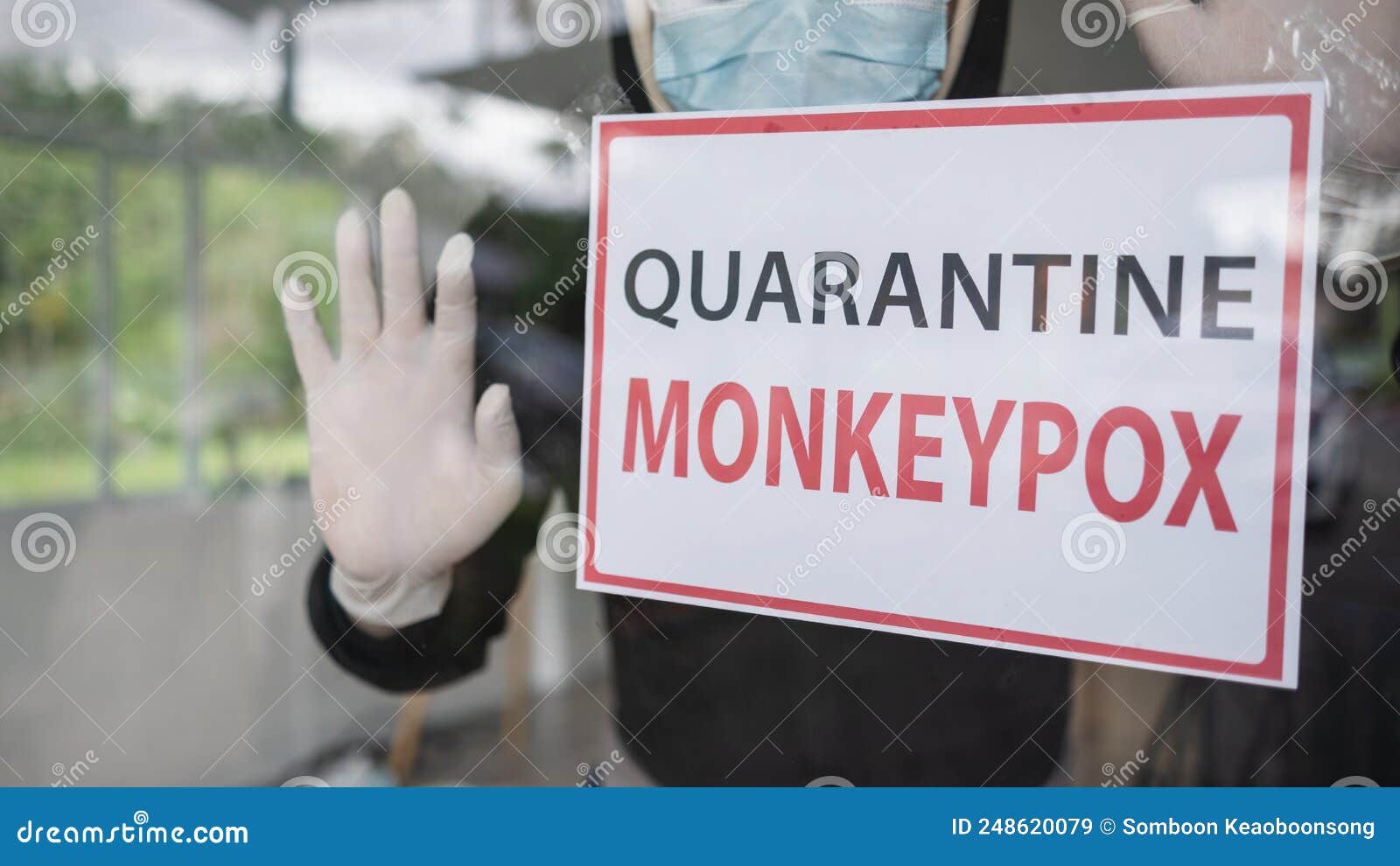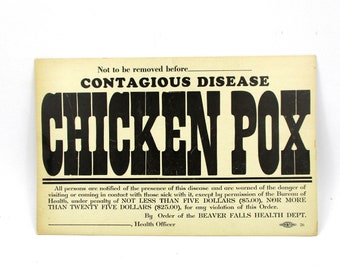


Most clinicians are unfamiliar with monkeypox. The prodrome may be subclinical, and the monkeypox virus may be transmissible from person-to-person before observed symptom onset. In humans, monkeypox typically presents with a non-specific prodromal phase followed by a classic rash with an incubation period of 5–21 days (usually 6–13 days). Anyone with close contact with an infected person, aerosolized infectious material (e.g., from shaken bedsheets), or contact with fomites or infected animals is at risk.

While initial cases were reported in men who have sex with men (MSM), monkeypox is not considered a sexually transmitted infection. Mechanisms of transmission in animals and the reservoir host remain uncertain spread from humans to wild or domestic animals risks the creation of new endemic zones. In just over one month of detection, confirmed cases escalated to over 3300, with reports of patients in at least 43 non-African nations. Monkeypox 2022, a zoonotic virus similar to smallpox, presented as a rapidly escalating human outbreak with community transmission outside endemic regions of Africa.


 0 kommentar(er)
0 kommentar(er)
